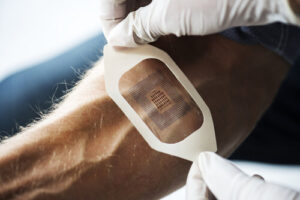
‘Guided missile’ drug molecule seeks out and destroys cancer’s genetic lifeline
Researchers have created a new type of drug molecule that can precisely destroy TERRA, an RNA molecule that helps certain cancer cells survive. Using advanced “RIBOTAC” technology, their compound finds TERRA inside cells and breaks it down without harming healthy molecules. This discovery could pave the way for a new generation of RNA-based cancer treatments, targeting the disease at its genetic roots rather than just its symptoms.









